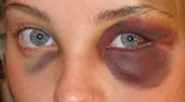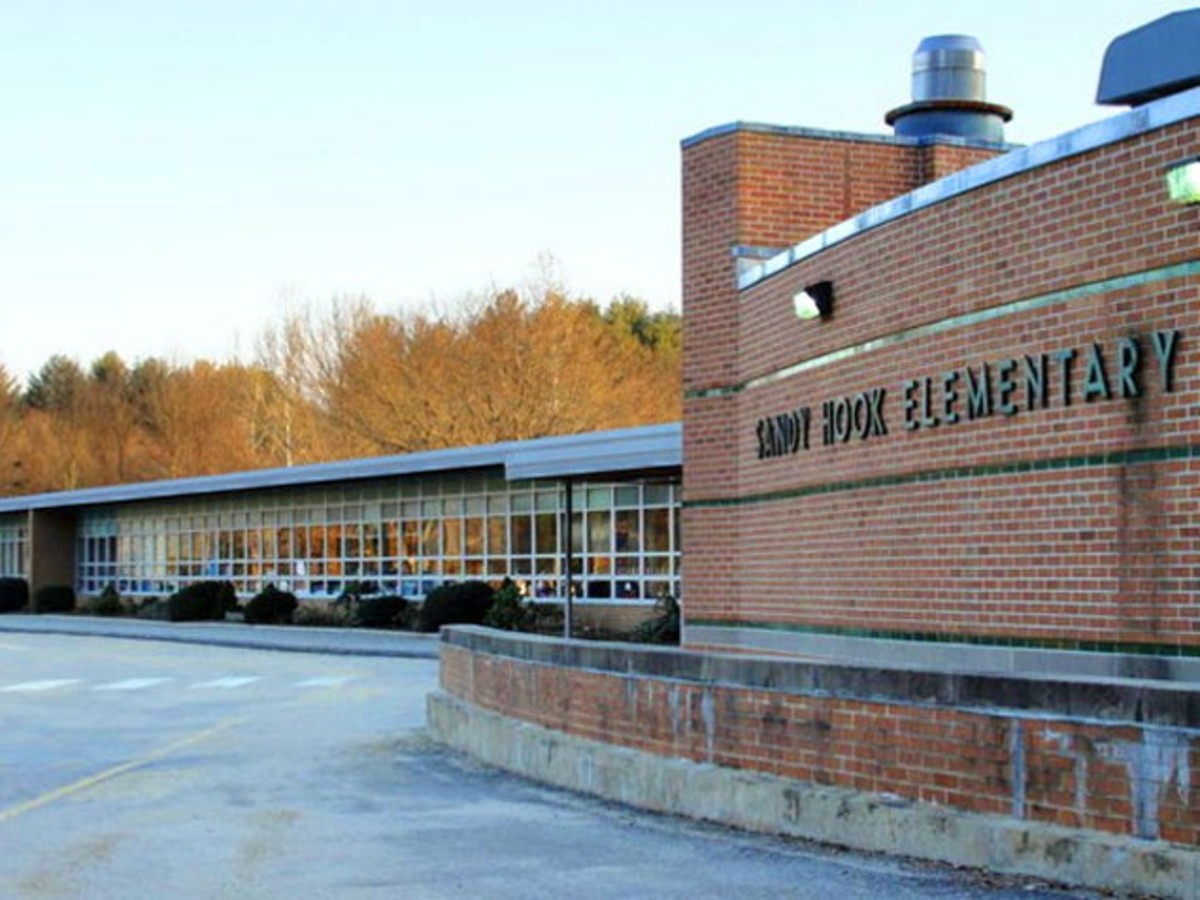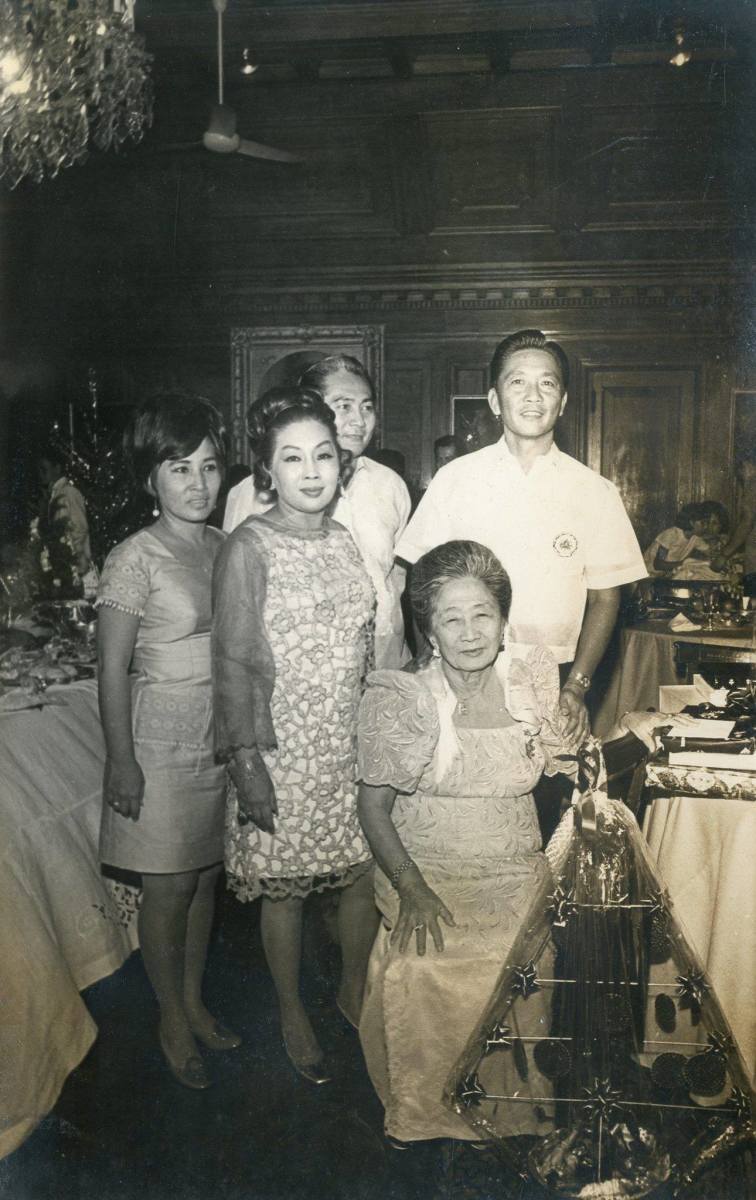How To Make A Difference - Preventing Violence

It is not always an easy or comfortable process but communication is one thing that the majority of us can use to prevent violence. We as human beings must stop allowing angry, threatening, violent, suspicious, and extremely anti-social behavior go unchecked whether we are a target or observer. While each case is unique, a large number of aggressors have shown these and other warning signs prior to creating negative or tragic situations. With silence from observers and targets, perpetrators can escape intervention or consequences until they do something worse than raise eyebrows. If the opportunity and responsibility to take some form of action ever falls into your lap, please lead by example.
Threatening, violent, suspicious, and very odd behaviors should be noted or reported to applicable authorities, doctors, and/or organizations. If needed, others should be warned of the behavior if the person has not actually committed an offense that could have them locked up. Further, the excuse of not being able to do anything until some harm has been done needs to be done away with. This (law in many places) allows even more people to cross paths with potentially dangerous types, even when the person has shown potential for violence or has already gotten away with it. If the person has committed an offense worthy of being locked up, put under observation, or committed, then so be it, there should be intervention or consequences.
Shame, fear, and simple reluctance to communicate about certain matters often keeps family members and friends from getting consistent help, committing them, or having them arrested. However, some private matters should not remain private if the person poses a danger to themselves or others. Trying to keep these types of problems a secret becomes an extreme burden and doing so often turns out to be the exact opposite of what the person and the community truly needs. People that live with these types or are related to them usually know their problems very well. Loved ones and others should not stand in the way or attempt to minimize whatever it is the person could potentially do or may have already done. When more people speak up and make wholehearted attempts at addressing and resolving the root causes of violence, we will see violent incidents decline.

Others may actually enable these behaviors rather than correcting them, find help to resolve the issues, or prevent dangerous behavior. One recent example is the case of William Spengler. Spengler killed his own grandmother with a hammer roughly 30 years prior to his recent ambush of firefighters. In the process he also damaged/destroyed several neighbors' properties. He went to prison for his grandmother's death and was released nearly two decades later. It was also known that he hated his own sister that stayed in the other half of the family home. To bypass the required background check, a neighbor by the name of Dawn Ngyuen, bought the gun and ammo that Spengler used to ambush and kill firefighters. This occurred after he set fire to their home to lure in innocent victims. Two firefighters and Spengler's sister were killed before Spengler killed himself.
Another tragic example of a case where communication may have brought about intervention is the case of Adam and Nancy Lanza. With regard to Nancy Lanza, it is not my intent to smear the memory of someone that I am sure was a loving mother. What I will say is that there were 26 innocent people who lost their lives due to parental inaction. It has been reported through the media that Adam cut off contact with his father and spent the bulk of his time with his mother up until the massacre in Newtown, CT. When a child is a child, they are the responsibility of their parents and Adam remained with his mother into early adulthood. Long before Adam turned 18 it was clear to his parents that Adam was not functioning in a manner that would facilitate positive, beneficial interactions or his independence in society. Adam had some problems that could have been managed and improved upon by seeking and obtaining help.
Nancy kept quiet most of the time about Adam's issues and over the years, it appears she did not make the most difficult choices as a parent to get the assistance needed to ensure that Adam would work towards functioning and interacting with others in a more positive manner. This is what would have been best for him, her, and others. Shouldn't what's best for the child be put first? Yet, rather than allowing him to go through high school, she chose to home school him which may have worsened his extreme social aversions. While Adam may have had Aspbergers and/or autism, these things do not make people harm others. There was some other issue at work.
She spent the bulk of her time with him and doing things for him. Adam physically withdrew from touches and any possibility of being touched by others. He was extremely socially averse, refusing even the most minor eye contact and verbal exchanges with other humans (ie: Adam never looked at or spoke to his barber during 5 years of monthly visits). Apparently, mother chatted as if nothing was wrong and answered questions for him. In many instances, his behavior simply cannot be classified or minimized as just being reserved or shy. She also made the mistake of attempting to "bond" with Adam through shooting guns with a child that distanced himself from other humans as much as possible. Despite this, Nancy also chose to store guns and ammo into her home rather than focus on what was best and safest for her child, herself, and the community. There were many signs that the mother's route was not working yet she stayed the course to the detriment of many.

Many people "don't want to cause trouble" or "get involved." However, preventing violence does not always have to involve confronting the person and it's preferable to not confront them especially when there is any reason to believe they are or could become violent. To help the individual and the community at large, you don't have to personally go up to them and confront them or speak to them. Communicating with local agencies and organizations may bring a resolution and help get the person onto a healthier, more positive, and beneficial path before it's too late. If you are close to the family and believe that they may listen to your concerns, discuss them via phone or by any means that are safest for you.
Not sharing concerns with parents, police, school administrators, friends, neighbors, or employers and the like can enable various acts of violence to take place. Whether it be domestic abuse, a mental health issue, vengeance, stalking, or anything else. For those in domestic abuse situations, they must take things seriously and get out while they still can. Even if this means losing part or all of the household income or material possessions, personal safety should be more valued than staying and this even more important when children are involved. Children in these situations have a tendency to become victims, abusers, or both. There may be shelters, safe houses, co-workers, friends, family, charities, or social service agencies that can help. There are even some employers that may also be able to help. But, silence will not bring a positive change and can actually allow more harm to take place.
In other situations such as at work, school, in public, calling local or state agencies to warn them and ask if there is anything that can be done to help the person or the community at large is an option. Some private and non-profit organizations may be able to help you intervene or help you if you are a victim. Notifying the person's friends and family is also an option that must not be overlooked. Yes, it is very difficult to tell someone's family that you believe their relative to be a threat to themselves and/or others, yet this conversation can potentially head off even more difficult circumstances and conversations later.
Being proactive and alerting police to mental health, and/or drug issues may be a necessary move even in cases where the person cannot be arrested or committed. Doing this can create a paper trail and can provide police enough info to react slightly differently, yet more effectively if they are called with info identifying the person in the future. If banning the person from the premises is possible and necessary, do so.

More parents need to be parents, no excuses. Parents must be more active in their children's lives and teach them to respect themselves and others. This is in addition to teaching morals, ethics, and hard work. Also, a large number of parents are absentee or are friends rather than actually being parents and mentors to the lives they have created. Parents should should set clear expectations, morals, goals, and teach their children that there are consequences for bad behavior. Most importantly, parents need to "walk the walk" and be their children's mentors.
Parents also need to make sure their children spend time with other children that are respectful, have morals, and are ethical. This takes effort on the parents' part to get to know their children's friends and families but it is well worth it. Parents should clearly approve or disapprove of their children's friends. If their children exhibit problems, they must seek help no matter what. If they can't afford it, they should still seek it through local, state, and federal agencies. If the people, churches, organizations, non-profits, and agencies that are approached do not or are unable to help, parents and concerned citizens need to keep calling attention to the issue and asking for assistance until they get whatever help or intervention is needed...period.

With communication and sometimes other efforts, violence can be prevented. Silence aids and may exacerbate violence in some cases. When attacked or abused, getting out of the situation and staying out of the situation is of the utmost importance as is reporting all incidents. If you are not being listened to when seeking help for yourself or someone else, remember that the squeaky wheel gets the grease. Telling others in a position to help that there is a problem with a person or that there has been a threat made by them might be difficult but it is necessary not only for those on the receiving end but also the source and bystanders. Even more difficult would be living your life knowing that you did not do as much as you could have to address, intervene, or resolve the issue if the person actually went on to harm or kill themselves or others. If the opportunity and responsibility to take some form of action ever falls into your lap, please lead by example.
- CDC - Violence Prevention Home Page - Injury
Violence is a significant problem in the United States. From infants to the elderly, it affects people in all stages of life. In 1992, CDC established the National Center for Injury Prevention and Control (NCIPC) as the lead federal organization for
- Preventing Violence
Violence is preventable, not inevitable.
- Adult Relational Aggression
Relational aggression is emotional abuse that attacks a person in sly and manipulative ways. Long considered young girls territory, it is often used by men and adults in a variety of settings causing negative and lasting effects.







